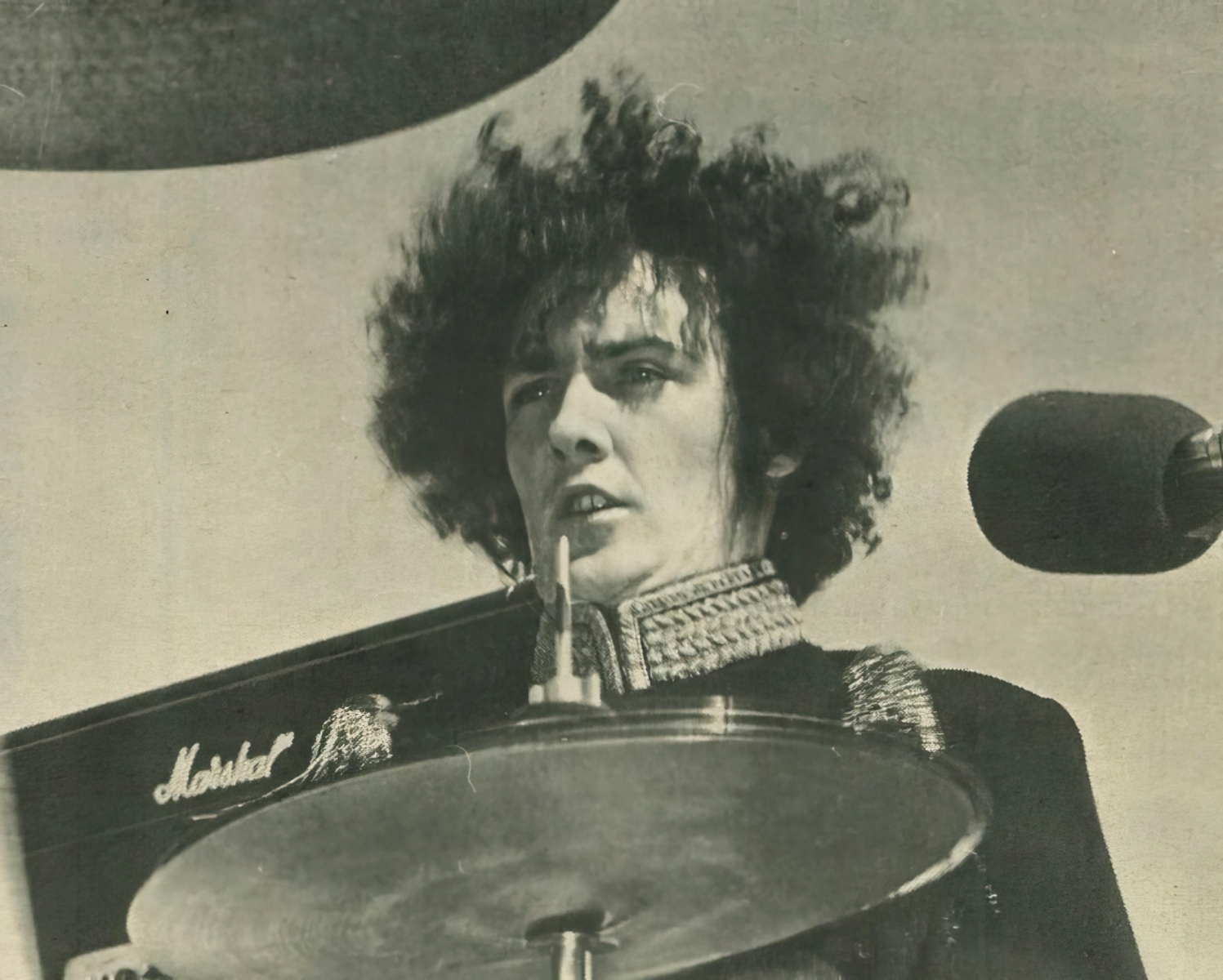Dokter Koas: Unlocking the Secrets of Medical Training
The world of medicine is vast and complex, and becoming a doctor is no easy feat. Enter Dokter Koas, the backbone of medical training who serve as the bridge between medical school and the world of practicing physicians. Embark on a journey through their experiences, responsibilities, and the invaluable contributions they make to the healthcare system.
Understanding the Dokter Koas Role
Dokter Koas, or medical residents, are graduates of medical school who are undergoing specialized training in a particular field of medicine. During this period, they work under the supervision of senior physicians, gaining hands-on experience and developing crucial skills for their future careers. Their responsibilities include managing patient care, assisting with surgeries, and performing medical procedures under guidance.
Challenges and Growth Opportunities
Dokter Koas navigate a myriad of challenges, from long working hours and demanding schedules to the intense pressure of making life-saving decisions. However, these challenges provide unparalleled opportunities for growth and learning. They develop resilience, adaptability, and critical thinking skills while honing their clinical expertise. The camaraderie they build with fellow trainees and mentors fosters a sense of belonging and support.
The Importance of Dokter Koas
Dokter Koas play a crucial role in delivering high-quality patient care. Their fresh perspectives and eagerness to learn complement the experience of senior physicians, ensuring a comprehensive approach to diagnosis and treatment. They serve as educators for medical students and nurses, passing on their knowledge and enthusiasm for the profession. Their contributions to medical research and development help advance the field of medicine.
Navigating the Training Journey
The path to becoming a Dokter Koas is rigorous and competitive. After graduating from medical school, aspiring residents must complete a residency program accredited by the Indonesian Medical Association (IDI). These programs typically last for three to four years and require candidates to demonstrate exceptional academic achievement and clinical skills.
| Specialization | Duration | Key Responsibilities |
| Internal Medicine | 3-4 years | Diagnosis and management of medical conditions in adults |
| Surgery | 4-5 years | Surgical procedures and postoperative care |
| Pediatrics | 3-4 years | Medical care of children from birth to adolescence |
| Obstetrics and Gynecology | 4-5 years | Prenatal care, labor and delivery, and women's health |
| Anesthesiology | 3-4 years | Administration of anesthesia and pain management |
Mentorship and Professional Development
Mentorship is a cornerstone of Dokter Koas training. Experienced physicians guide and support residents, providing invaluable guidance and sharing their wisdom. They play a pivotal role in shaping the future of medicine by fostering the growth and development of the next generation of healthcare professionals.
The Future of Dokter Koas
As the healthcare landscape evolves, the role of Dokter Koas continues to adapt. Technological advancements and a growing emphasis on patient-centered care present both challenges and opportunities. Dokter Koas are embracing innovation and expanding their skillsets to meet the demands of the future.
A Call to Support Dokter Koas
Supporting Dokter Koas is essential for ensuring the well-being of patients and the future of healthcare. By investing in their training, providing adequate resources, and recognizing their contributions, we foster a culture of excellence within the medical profession. Dokter Koas are the future of medicine, and their success will shape the health of generations to come.
Conclusion
Dokter Koas are the unsung heroes of medicine, tirelessly dedicating themselves to patient care and the advancement of healthcare. Their training journey is filled with challenges, but it also offers unparalleled opportunities for growth and service. By understanding their role, supporting their development, and valuing their contributions, we can create a healthcare system that values excellence, innovation, and compassionate patient care.




